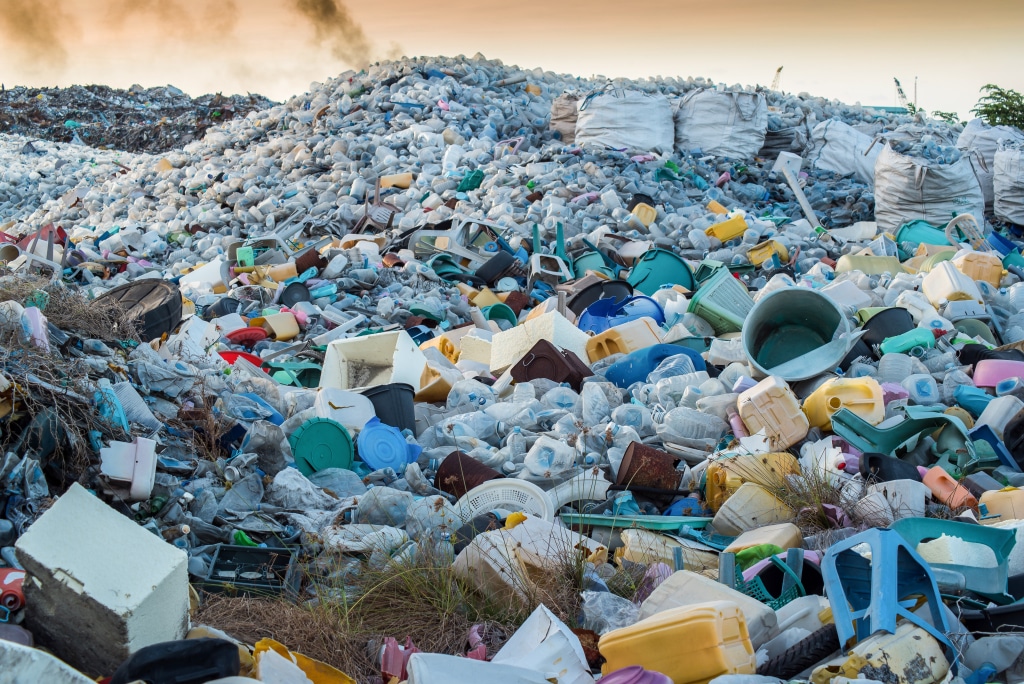The international organization WasteAid is launching an initiative to combat plastic pollution in Cameroon and South Africa. With the support of its UK-based partner Bunzl Plc, it will build capacity in plastic waste management and recycling in the coastal city of Douala, the economic capital of Cameroon. WasteAid will recruit and train 30 unemployed youth to work in the plastic waste value chain in this city of over 3 million people.
In South Africa, WasteAid will provide technical support and grants to waste recovery groups in the city of Johannesburg. “WasteAid’s projects help communities in low-income countries establish waste collection and recycling services that protect the environment and provide livelihood opportunities. We are delighted to support WasteAid as it continues it work in Cameroon, while giving local initiatives in South Africa the support they need to grow,” says James Pitcher, Bunzl Plc’s head of sustainability.
Read also-SOUTH AFRICA: WasteAid supports innovation in waste management
For WasteAid CEO Ceris Turner-Bailes, “Pollution from poorly managed waste affects us all, whether through health impacts, marine plastic pollution or climate change. This ongoing partnership means that more people can benefit from being part of a circular economy, with all the long-term benefits that brings.”
According to WasteAid, 5-10% of climate change emissions are caused by open burning of waste and 9 million people die each year from pollution-related illnesses, almost half of them in Africa. In the cities of Douala and Johannesburg, plastic waste blocks the sewers, exacerbating flooding during the rainy season. On the other hand, plastic waste that pollutes waterways eventually reaches the ocean, impacting marine life by entering the food chain. In addition to this, the incineration of waste is the source of carbon dioxide (CO2) emissions and contributes to global warming.
Benoit-Ivan Wansi
